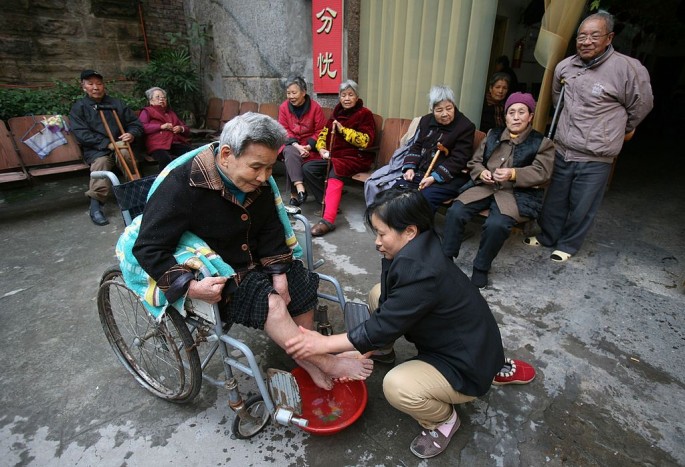Despite incurring a growth of nearly 34 million people in the past five years, China is now seeing a slow rise in its aging population, according to report by the South China Morning Post.
New data from the National Bureau of Statistics reveals that the population now sits at 1,373,490,000 people, after increasing by 0.5 percent annually since 2010.
The country is already experiencing the strain in providing for an aging portion of the population. In 2015, at least nine provinces failed to meet pension payment obligations without support from Beijing. The looming pension crisis is urging people in China to resort to longer payment plans despite a possible failure in funding.
As the number of workers steadily declines, labor costs for manufacturers rise and offset an essential advantage China has against global competitors.
The new developments come amid the relaxation of the country's stringent family-planning policies last January. The new family-planning measures now allow couples to bear a second child.
"China has to worry about the risk of extremely low fertility, instead of high fertility," said Zuo Xuejin, a demographics researcher at the Shanghai Academy of Social Sciences. "It's time to lift administrative restrictions on fertility, allowing child-bearing couples to decide for themselves the number of children they want to have."
Zuo has prompted the government to enact more policies that encourage couples to bear children.
For Li Xunlei, chief economist for Haitong Securities, as China's urbanization is reaching its zenith, the country's labor force must be strengthened.
"To some extent, China's urbanization is approaching its peak and it would be a mistake to put hopes on urbanization as an economic growth engine," he said.
According to Li, the current urbanization policies which encourage people to live in small cities in towns runs counter to market forces.
"Most people prefer living in big cities," Li said.



























